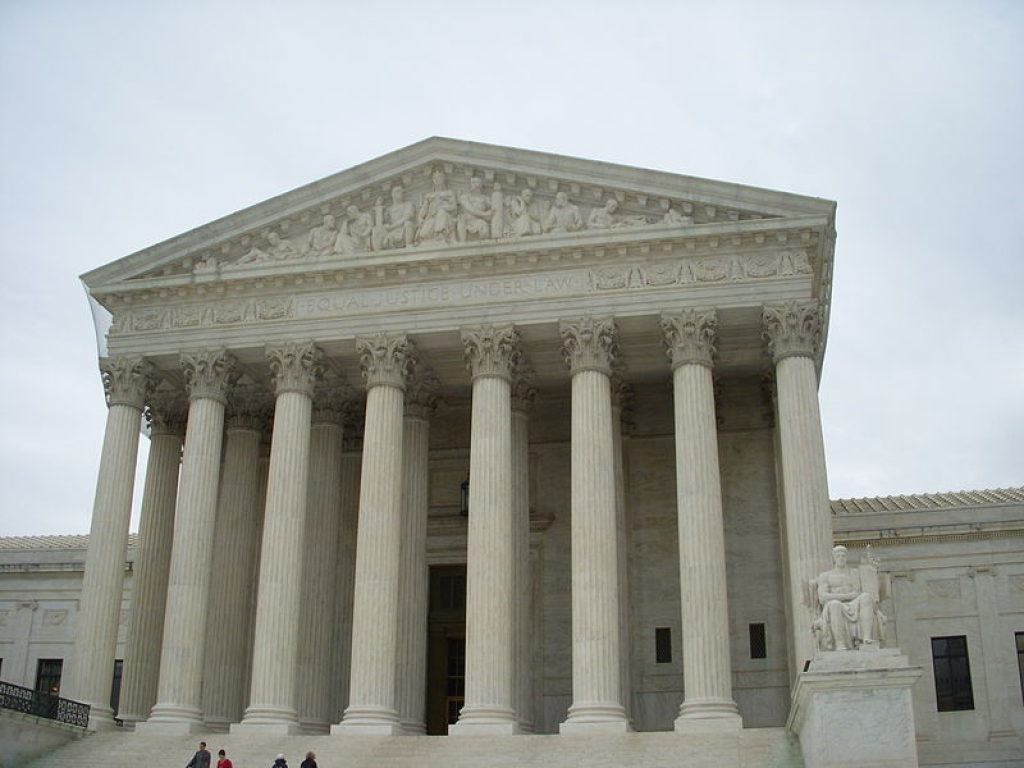Two US Supreme Court decisions were announced today that caught my eye. One has been eagerly anticipated, and the other a sleeper, but they are both important, and both decisions are positive developments in constitutional law.
The “sleeper” is KOONTZ v. ST. JOHNS RIVER WATER MANAGEMENT DISTRICT. This is a boost to the embattled “takings” clause in the 5th amendment, which has been gutted by decisions over the years that removed the connection between a taking and its “public purpose” and also the limits on what could be required from those under the thumb of government officials. This case is a conflict between a landowner and a local water district authority in Florida. The short story is that the local authority tried to extort concessions from the landowner in pursuit of its environmental objectives without any obvious limit on what it could demand from the landowner. The landowner, of course, objected. The Supreme Court agreed with the landowner, that the authority cannot impose arbitrary demands on a permit applicant. The Syllabus of the decision tells the story well.
In this case, the court breathed life into the idea that officials cannot simply use their power to deny permits as a license to extort. The Rule of Law, and the primacy of private property rights has been upheld.
The more widely anticipated decision is SHELBY COUNTY, ALABAMA v. HOLDER, ATTORNEY GENERAL, ET AL. Again, the constitution is the winner. The voting rights act of 1965 (VRA) may have been essential to accomplish an important national goal, but has always been questionable on constitutional grounds. The Supreme Court has repeatedly cautioned about this as it allowed the VRA to stand through severalchallenges.
This decision finally lets the general principles of equality under the law, and the plain facts on the ground trump the highly charged politics surrounding the VRA. The way the VRA singles out certain regions/states/localities for “pre-clearance” of voting laws is struck down. The arbitrary list of localities may have made sense in 1965, but necessity that list represented is long since past. Largely on the basis of the fact that this list is so outdated, and that the discriminatory practices that made the VRAnecessary no longer dominate, the court decided that pre-clearance is constitutionally impermissible. As a result, the absurd situation where some localities cannot change the wording on their ballots, or the location of their polling places without official permission from the US Government is history.
This case, ironically, upholds and affirms equality under the law, and the essential limits on the federal role. Voting is left to states and localities. Any “exceptions” must be narrowly tailored and must end when the need ends.
Demagogues will find fault with the VRAdecision. Those who blame bad breath and the common cold on racism, and believe that federal intrusion is the solution to every problem will bemoan the end of progress, and predict the immediate resumption of Jim Crow and lynchings. I think these fears are overblown. I applaud the US Supreme court for reinvigorating the plain and obvious language of our constitution, and its principles.


